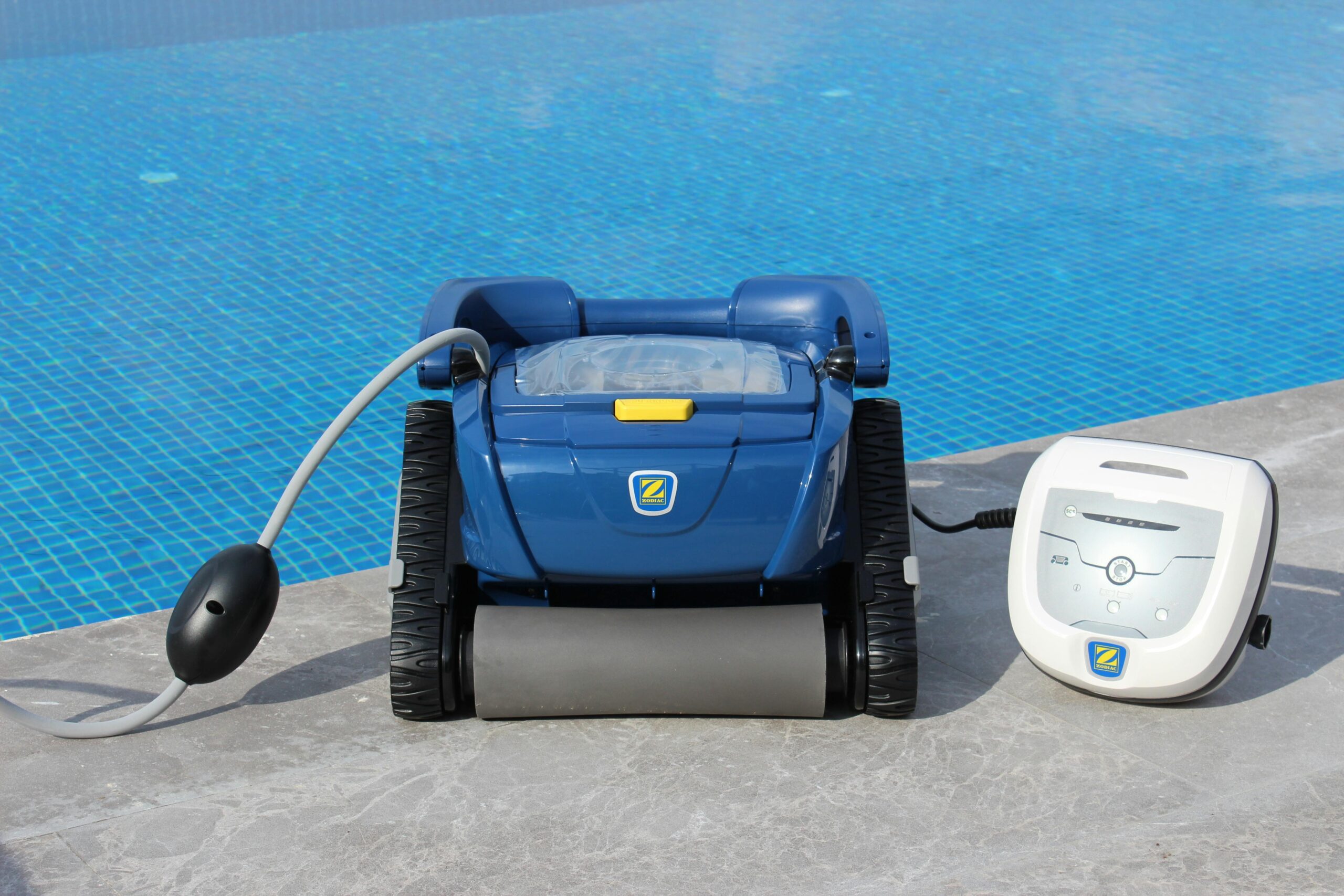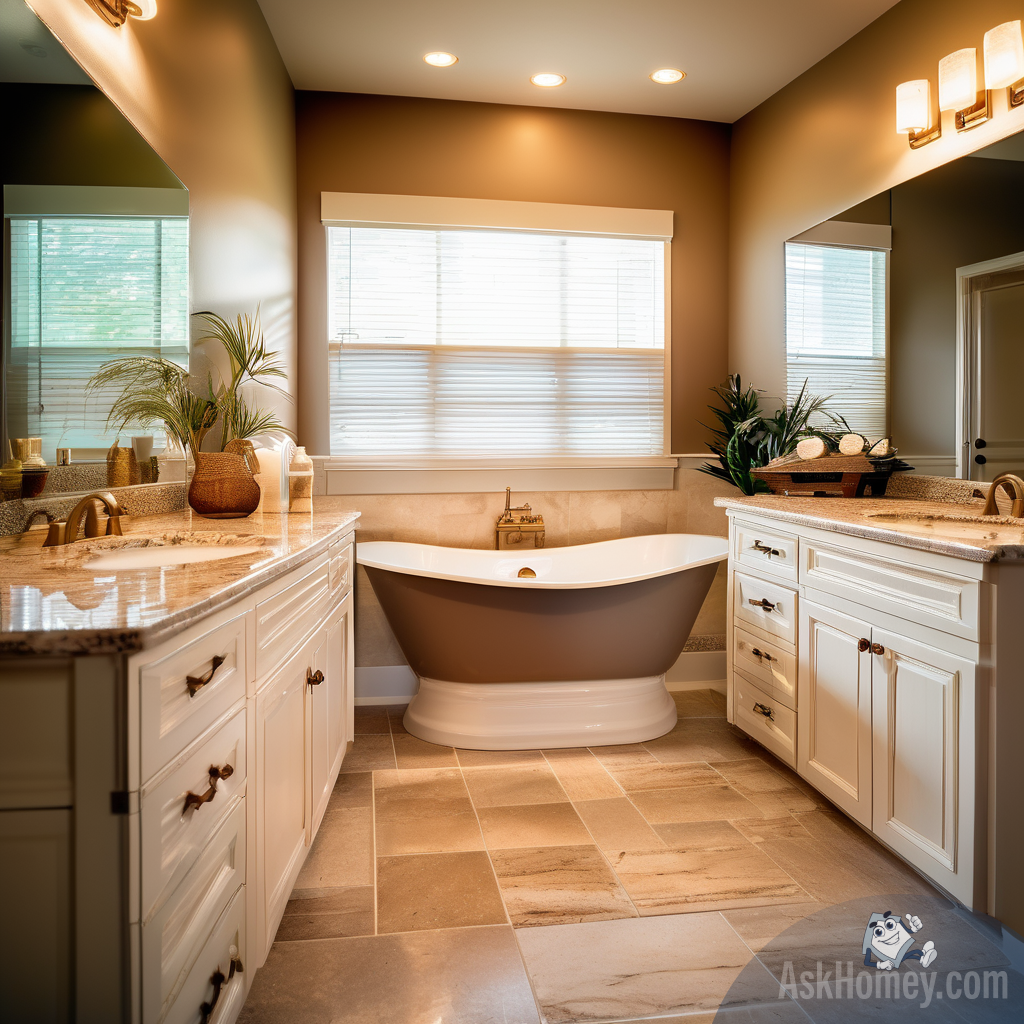Owning a pool provides endless enjoyment during warm weather, but it also comes with significant maintenance responsibilities. Many homeowners attempt to save money by handling pool care themselves, often making critical errors that lead to expensive damage, unsafe swimming conditions, or shortened equipment lifespans. Understanding the common pool care errors can help you maintain your investment properly and avoid unnecessary expenses. This article outlines the most frequent DIY pool maintenance mistakes and provides guidance on how to prevent them.
Improper Chemical Balance
Perhaps the most widespread and potentially damaging of all DIY pool maintenance mistakes is failing to maintain proper chemical balance. Many homeowners either test their water too infrequently or misinterpret test results, leading to improper pool chemical balance issues. When chlorine levels drop too low, algae and bacteria can quickly proliferate, creating not only unsightly conditions but genuine health hazards. Conversely, excessive chlorine can irritate swimmers’ skin, eyes, and respiratory systems while potentially damaging pool equipment and surfaces.
pH balance is equally crucial and frequently mismanaged. When water becomes too acidic (low pH), it can corrode metal components, damage grout between tiles, and even etch concrete surfaces. Alternatively, high pH levels reduce chlorine effectiveness and can cause scaling and cloudy water. The proper pH range is narrow (typically 7.2-7.8), requiring regular testing and careful adjustment. Many homeowners also neglect other important chemical parameters like alkalinity, calcium hardness, and cyanuric acid levels, all of which play vital roles in water quality and equipment protection.
Neglecting Filter Maintenance
The pool filter cleaning importance cannot be overstated, yet this maintenance task is frequently overlooked. Filters are your pool’s kidneys, removing debris, contaminants, and even some bacteria from circulation. As filters become clogged, water circulation decreases, requiring pumps to work harder and reducing overall system efficiency. Depending on the type of filter (sand, cartridge, or diatomaceous earth), different cleaning schedules and methods are required.
Many homeowners wait until water flow noticeably decreases before cleaning filters, which is far too late. Regular cleaning according to manufacturer guidelines prevents excessive pressure buildup that can damage filter components or even cause catastrophic failure. Additionally, improperly cleaning filters can damage the media or internal components, resulting in expensive replacements. Understanding your specific filter system’s maintenance requirements is essential for avoiding costly pool repairs and ensuring efficient operation.
Running Equipment Improperly
Another common error involves improper pump and equipment operation. Many homeowners attempt to save on energy costs by running pumps for insufficient periods. While modern variable-speed pumps have made operation more economical, any pool requires adequate circulation to maintain water quality. Experts generally recommend turning over the entire pool volume at least once daily, which typically requires running the pump for 8-12 hours depending on your system’s capacity.
Similarly, improper backwashing practices with sand and DE filters waste water and can damage equipment. Homeowners often backwash too frequently or for too long, unnecessarily depleting water and chemicals. Alternatively, some wait too long between backwashing sessions, creating excessive pressure that strains system components. Understanding your specific equipment’s operational requirements is essential for balancing efficiency with proper maintenance.
Ignoring Small Problems
Among the most costly common pool care errors is ignoring minor issues until they develop into major problems. Small leaks, unusual pump noises, minor cracks, or slight discoloration often indicate developing issues that, if addressed early, remain inexpensive to fix. However, when left unattended, these problems typically worsen and can lead to system failures requiring complete equipment replacement or extensive repairs.
For example, a minor leak in a pump seal might initially cause only slight water accumulation, but over time it can allow air into the system, causing the pump to lose prime or even burn out. Similarly, small surface cracks in concrete pools can expand with freeze-thaw cycles, eventually requiring major structural repairs. Developing the habit of inspecting your pool and equipment regularly allows you to catch and address these issues before they become costly disasters.
Inconsistent Maintenance Routines
Maintaining a healthy pool requires consistency, yet many homeowners perform maintenance sporadically. Skimming, brushing, and vacuuming need regular attention, as does chemical testing and adjustment. Seasonal maintenance tasks like opening and closing procedures are also frequently performed incorrectly due to lack of knowledge or cutting corners to save time.
When feeling overwhelmed by pool maintenance tasks or uncertain about proper procedures, it’s wise to consult with professionals. Services like AskHomey connect homeowners with qualified pool maintenance experts who can either take over regular care or provide guidance on proper DIY procedures, often saving money in the long run by avoiding costly pool repairs that result from improper maintenance.
Skimping on Quality Supplies
Finally, many homeowners try to economize by purchasing low-quality chemicals or equipment. While the initial savings might seem appealing, inferior products often deliver poor results and may actually damage pool systems. Low-quality chlorine products, for instance, might contain fillers or impurities that cloud water or create chemical imbalances. Similarly, bargain-basement testing kits frequently provide inaccurate readings, leading to improper chemical adjustments.
Quality tools, chemicals, and equipment generally provide better performance and longer service life, making them more economical over time. Investing in proper maintenance supplies helps ensure your pool remains healthy, clean, and inviting throughout the swimming season.
For more tips and to connect with reliable home service professionals, follow AskHomey on Facebook and Instagram.



